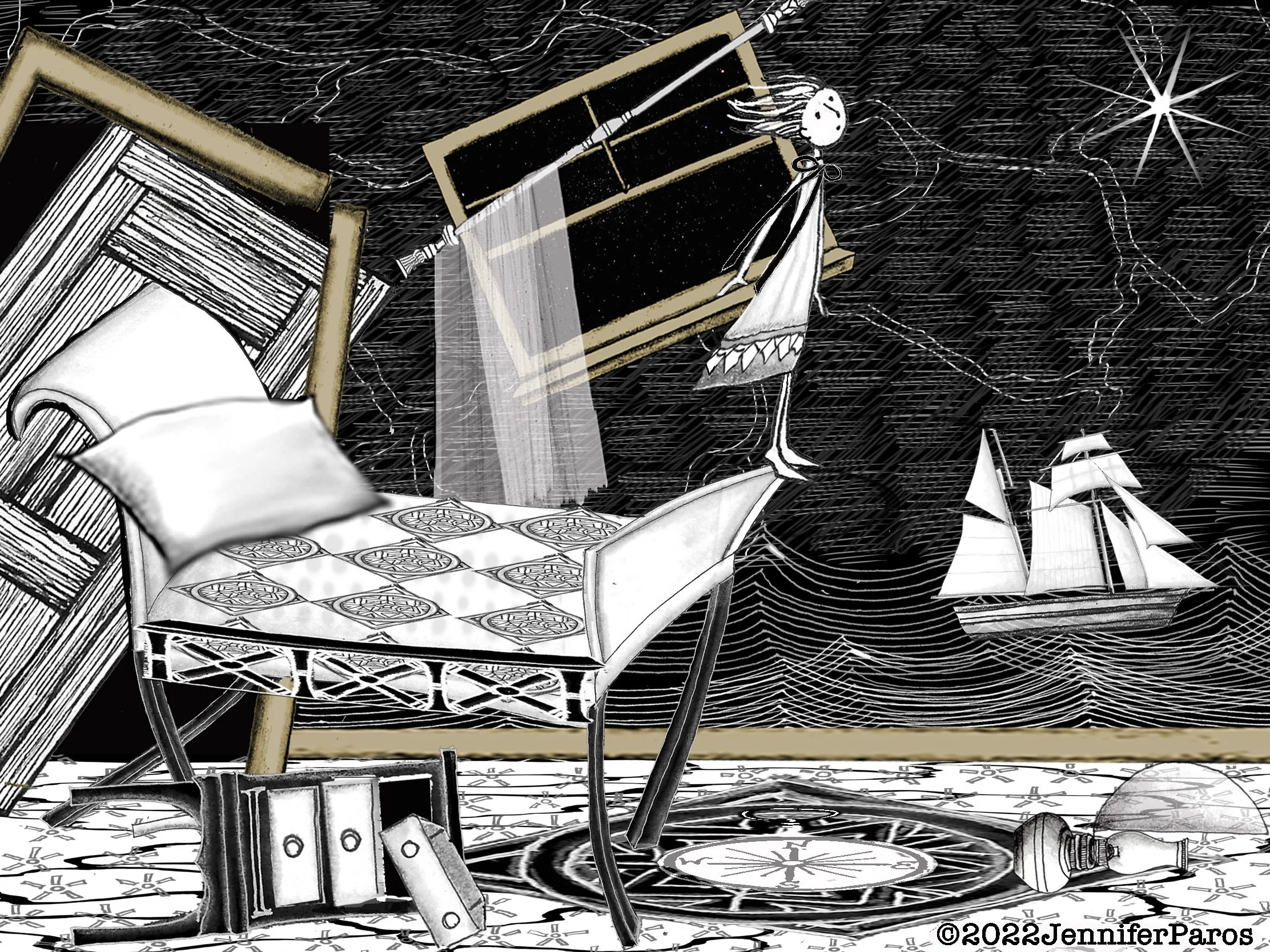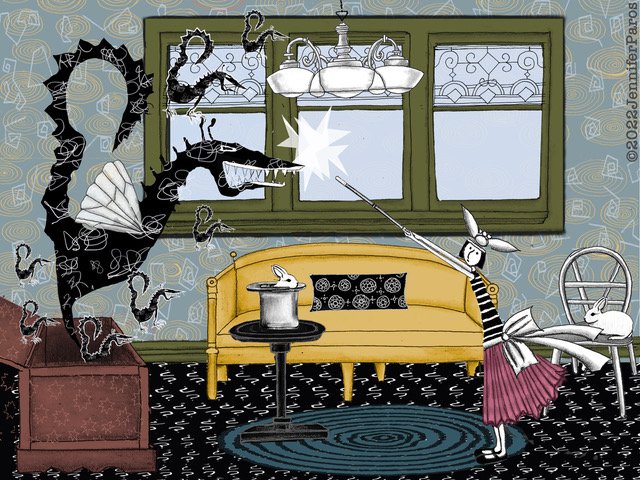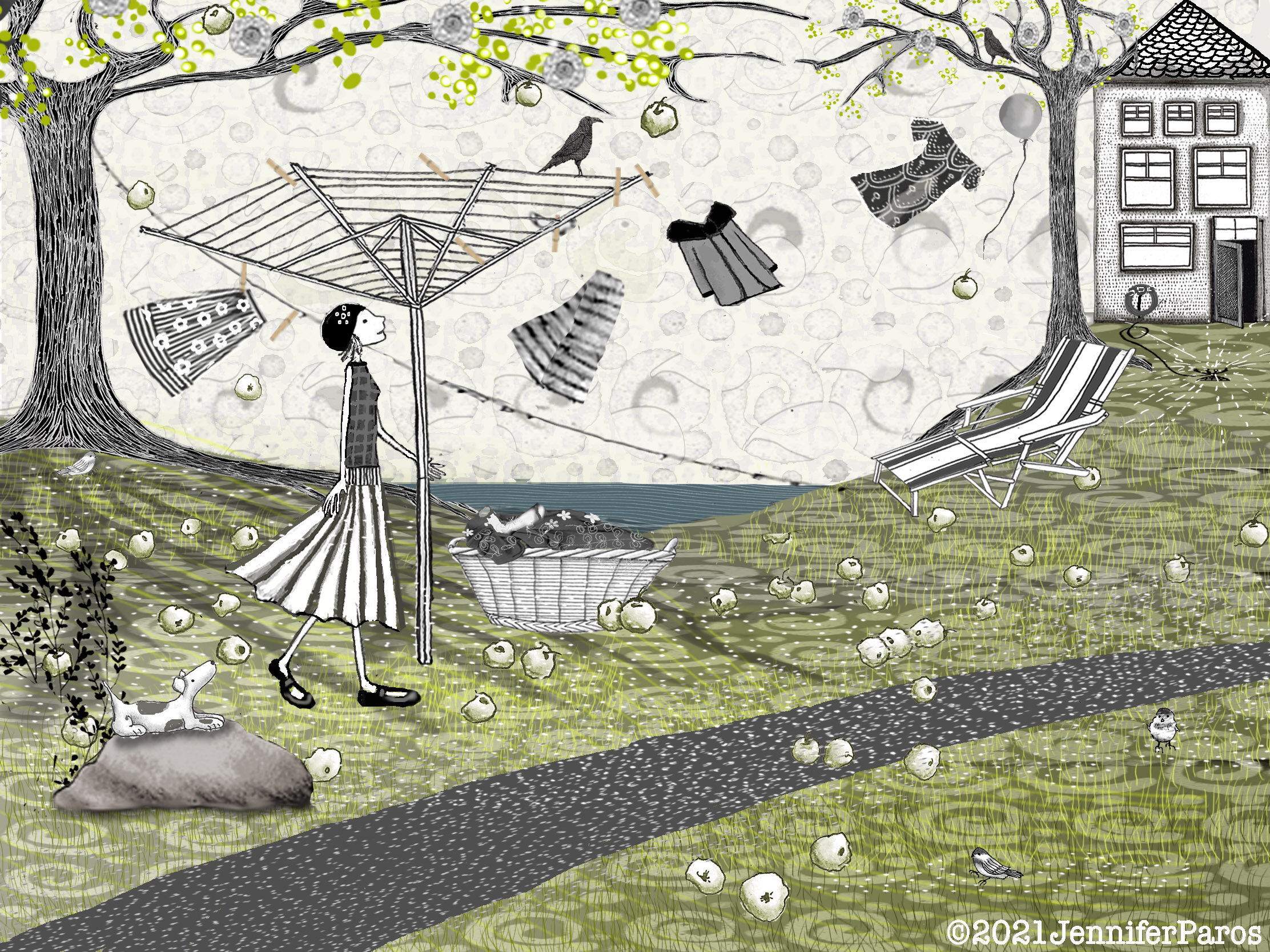It’s not even about the absence of the Internet service, solitude, or lack of distractions. Neither simply about the time, I can measure in sunsets instead of hours.
My old van is small but it can fit lots of stories.
She holds only the bare necessities. I include books in that category. I carry three boxes of books in the storage compartment underneath the foldable bed. I laugh that my fearless Dragonfly makes the biggest library that has ever roamed these dirt roads.
Inside, I scale down, but right outside my doors stretches the endless open space. Cooking one-pot meals on a single hob, in a cubicle which is my kitchen, living room, bathroom, and bedroom at once, I am learning to cut down on what’s not essential. Including in my writing. I keep crossing off objects from my list of things to bring on a trip, and metaphors from my new poem.
Read More



















